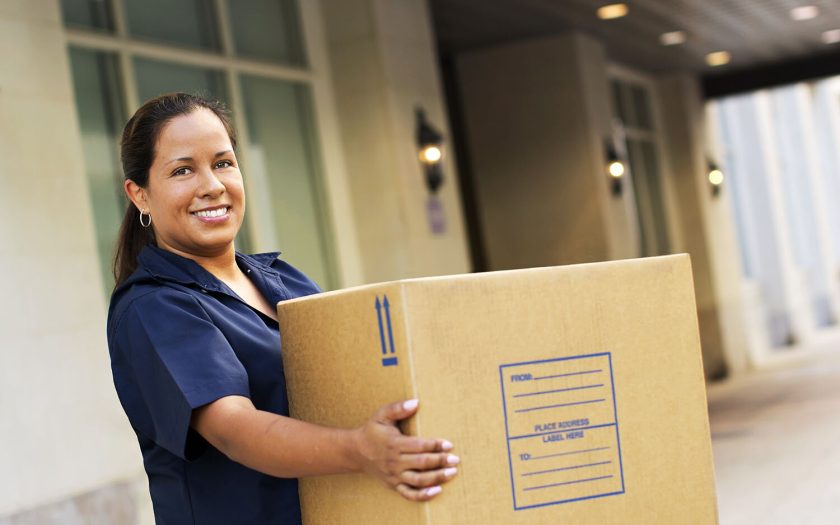In the ever-evolving landscape of healthcare, one of the most exciting advancements is the transformation of medication delivery. Gone are the days of traditional pill bottles and routine trips to the pharmacy. Today, cutting-edge technologies are reshaping how medications are administered, making the process more efficient, personalized, and patient-centric. In this blog, we’ll explore the latest innovations in medication delivery that are paving the way for a healthier and more convenient future.
- Smart Pills and IoT Integration:Imagine a pill that not only delivers medication but also communicates with healthcare providers in real-time. Smart pills, equipped with tiny sensors, are revolutionizing medication delivery by providing valuable data about patient adherence and response. These pills can transmit information to wearable devices or smartphones, ensuring healthcare professionals stay informed and can adjust treatment plans as needed.
- Implantable Drug Delivery Systems:Implantable devices are taking medication delivery to a whole new level. These small, sophisticated implants can be placed under the skin to release medication at precise intervals. This approach ensures a continuous and controlled release of drugs, eliminating the need for patients to remember daily doses. Implantable drug delivery systems are particularly beneficial for chronic conditions, offering a more stable and efficient therapeutic experience.
- Drones and Automated Delivery:The rise of drone technology is not just limited to e-commerce or recreational use. In healthcare, drones are being explored as a means of delivering medications to remote or inaccessible areas. Automated delivery systems, powered by artificial intelligence, can ensure timely and secure delivery of medications to patients’ doorsteps. This not only improves accessibility but also reduces the burden on traditional supply chains.
- 3D Printing in Pharmaceuticals:3D printing has made significant strides in healthcare, including the creation of personalized medications. This technology allows for the production of medications tailored to an individual’s specific needs, such as the precise dosage and combination of active ingredients. 3D printing not only enhances the effectiveness of treatment but also minimizes waste and reduces the environmental impact associated with traditional mass production.
- Telemedicine and Medication Adherence Apps:The integration of telemedicine and medication adherence apps is enhancing patient engagement and compliance. Telemedicine allows healthcare providers to remotely monitor patients and adjust medication plans as necessary. Meanwhile, medication adherence apps send reminders, provide educational resources, and track consumption patterns. These digital solutions empower patients to actively participate in their treatment, leading to better outcomes.
- Nanotechnology for Targeted Drug Delivery:Nanotechnology is opening new possibilities for targeted drug delivery, where medications are designed to reach specific cells or tissues in the body. This approach minimizes side effects and enhances the therapeutic effects of drugs. Nanoparticles, liposomes, and other nanocarriers are being explored to encapsulate and transport medications precisely where they are needed, promising a more efficient and safer treatment experience.
